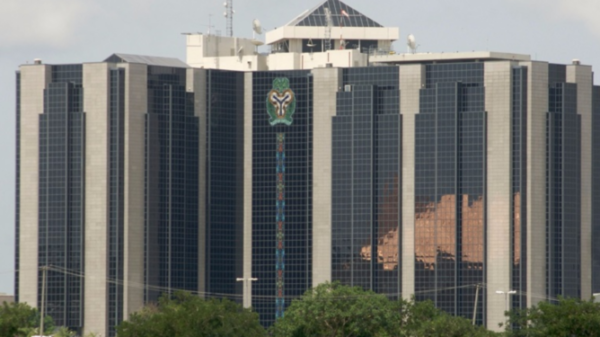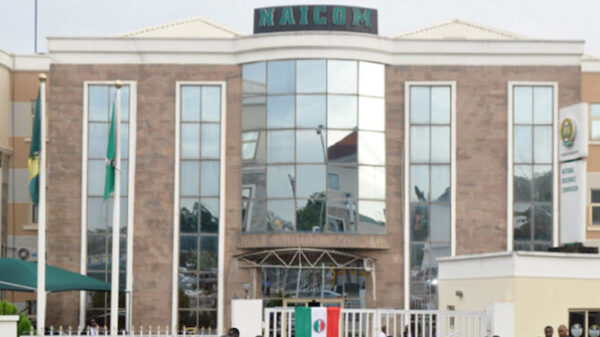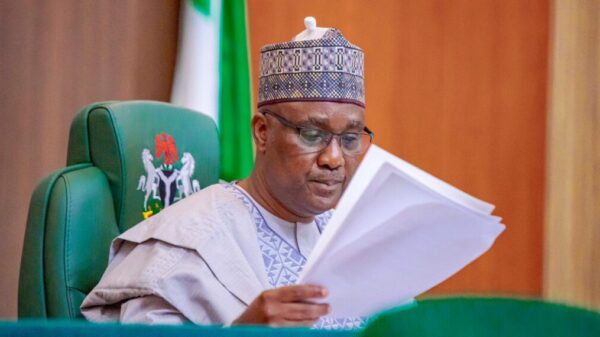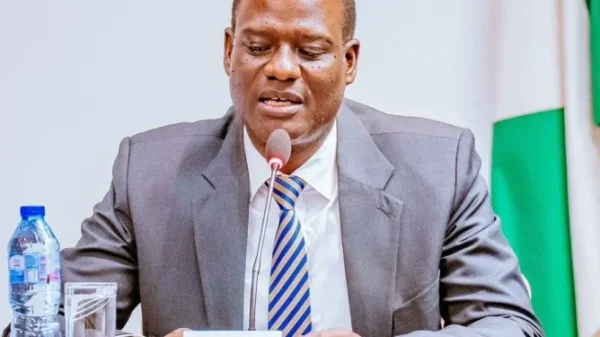The Central Bank of Nigeria (CBN) surprised nearly everyone when it announced its decision to hold the Monetary Policy Rate (MPR) at 27%, retain the liquidity ratio at 30%, and maintain the unusually high Cash Reserve Requirements (CRR) across the banking sector. This outcome diverged sharply from market expectations. Many analysts polled by Nairametrics anticipated a rate cut—some predicting a reduction of as much as 200 basis points—on the back of easing inflation and improved FX stability.
Yet, Governor Yemi Cardoso and his Monetary Policy Committee (MPC) held their ground. The decision initially seemed odd, perhaps even overly cautious, but a closer look at economic conditions reveals clear logic behind the move. The policy stance reflects an effort to protect fragile gains, manage excess liquidity, and guard against global uncertainties that still pose serious risks.
Inflation Is Slowing—But Not Yet Secure
Cardoso emphasized that Nigeria is at a critical point in its inflation fight. The CBN’s outlook indicates that aggressive tightening over the past year is finally working. For the first time in months, inflation numbers for October showed deceleration across all major components—headline, food, and core inflation.
However, the MPC believes these improvements remain vulnerable. In the Committee’s view, inflation appears to be heading downward, but the foundation of that progress is not strong enough to justify easing monetary conditions. The overriding goal, Cardoso explained, is to “sustain the progress made so far toward achieving low and stable inflation.”
This is what led the MPC to cautiously maintain the benchmark rate at 27% while quietly tweaking the standing facility corridor. The CBN reduced the rate at which banks borrow (Standing Lending Facility) by 200 basis points and lowered the rate paid on deposits (Standing Deposit Facility) by another 200 basis points. This technical adjustment offers relief to banks without signaling broader monetary easing.
Global Risks Still Matter
Another major factor in the decision lies outside Nigeria’s borders. Cardoso flagged “lingering global uncertainties”—geopolitical tensions, supply chain disruptions, and unpredictable monetary policy shifts among advanced economies. These risks threaten emerging markets like Nigeria that depend heavily on capital inflows, commodity prices, and stable FX conditions.
The CBN’s concerns suggest that while inflation is cooling on paper, the real economy is still under pressure. Businesses continue to grapple with high operating costs, elevated energy prices, and fragile consumer demand. The MPC sees a mismatch: headline inflation has softened, but the economy has not yet fully absorbed the benefits.
The Hidden Issue: Excess Liquidity
Beneath the official statements lies a more uncomfortable truth that analysts have long highlighted—Nigeria is struggling with an oversupply of money. The money supply has ballooned to more than N117 trillion as of October 2025, fuelled by:
-
years of Ways and Means financing,
-
intervention funds that have not been fully sterilized, and
-
large FX revaluation gains from the naira’s sharp depreciation.
In particular, net foreign assets surged from N4.9 trillion to N34.8 trillion in just a year. As corporates and investors revalued dollar-denominated assets following the naira’s fall from about N750/$ to N1,800/$, the liquidity injection intensified.
Cutting rates in an environment already flooded with liquidity would, in the CBN’s view, be reckless. The Bank wants to avoid pouring more fuel into an overheating system, especially when FX stability has been partly supported by high-yield OMO bills near 22%.
FX Stability Takes Priority
The CBN now appears more concerned with preserving the fragile stability in the FX market than with offering cheaper credit. Foreign investors, who are key to sustaining FX liquidity, still demand high yields. Any hint of monetary easing may undermine confidence, weaken the naira, and reverse months of stabilization.
Simply put, the MPC is not ready to trade FX stability for growth.
Implications for Borrowers
For businesses and households hoping for lower interest rates, the message is clear: the wait continues. The CBN insists that previous rate hikes have not fully filtered through the economy. It wants to see the full impact before loosening policy.
The earliest realistic window for a rate cut is February 2026, contingent on:
-
sustained inflation decline,
-
reduced liquidity pressure, and
-
a calmer global environment.
The Logic Behind a “Weird” Decision
The MPC’s move may appear strange at first glance, especially after months of tightening. But Nigeria’s economic fundamentals are still fragile:
-
Inflation is easing, but money supply is dangerously high.
-
The naira is stable, but external risks remain elevated.
-
Businesses are recovering, but the impact of high borrowing costs persists.
In this context, holding rates at 27% reflects strategic caution. Cardoso’s CBN is prioritizing long-term stability over short-term expansion. Beneath the headline, the policy stance blends firmness with subtle flexibility—tight on the surface, more accommodative at the margins.
Ultimately, the decision may be unusual, even uncomfortable, but for an economy wrestling with excess liquidity and global volatility, “weird” may be exactly what is needed.





















































